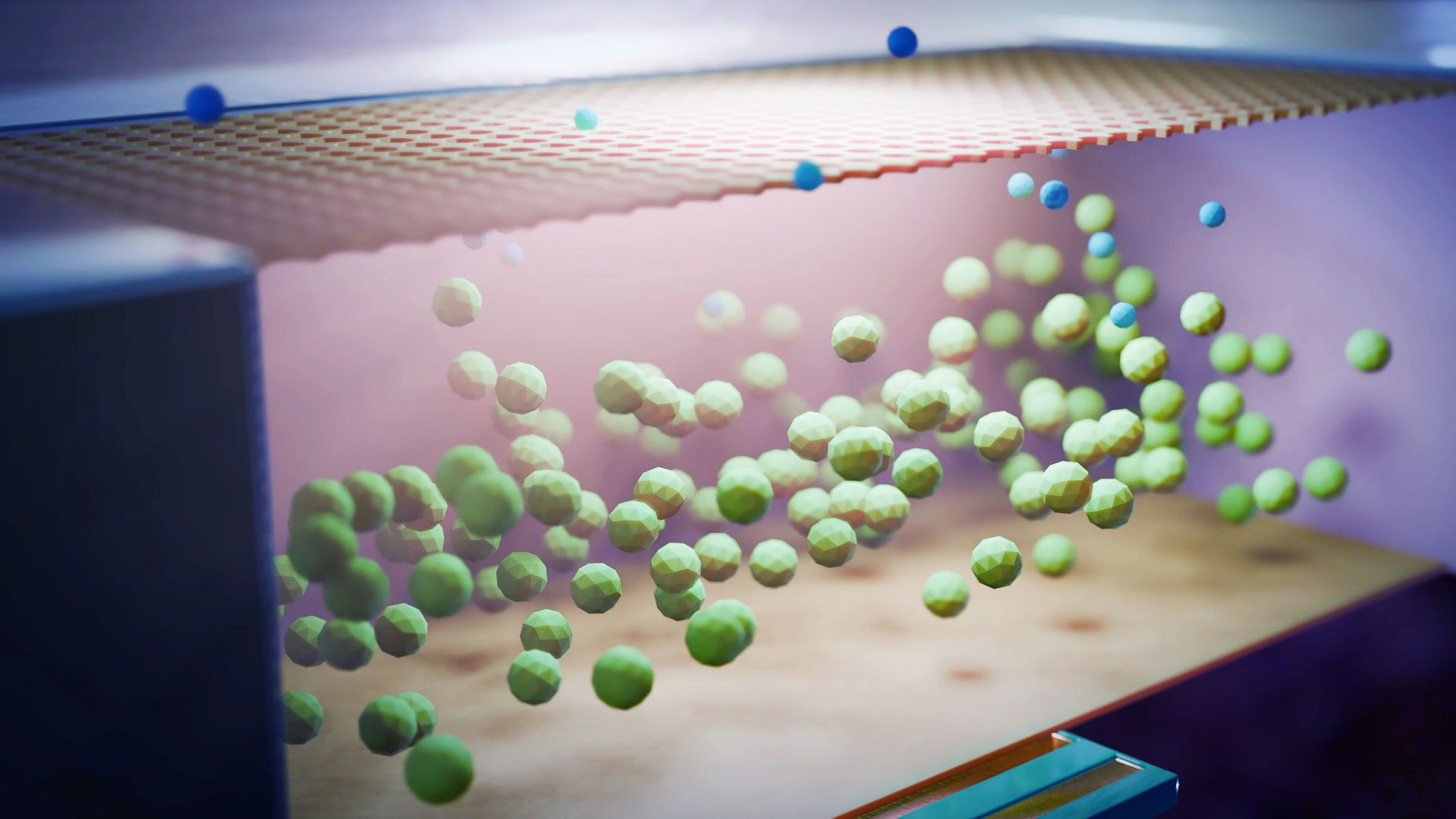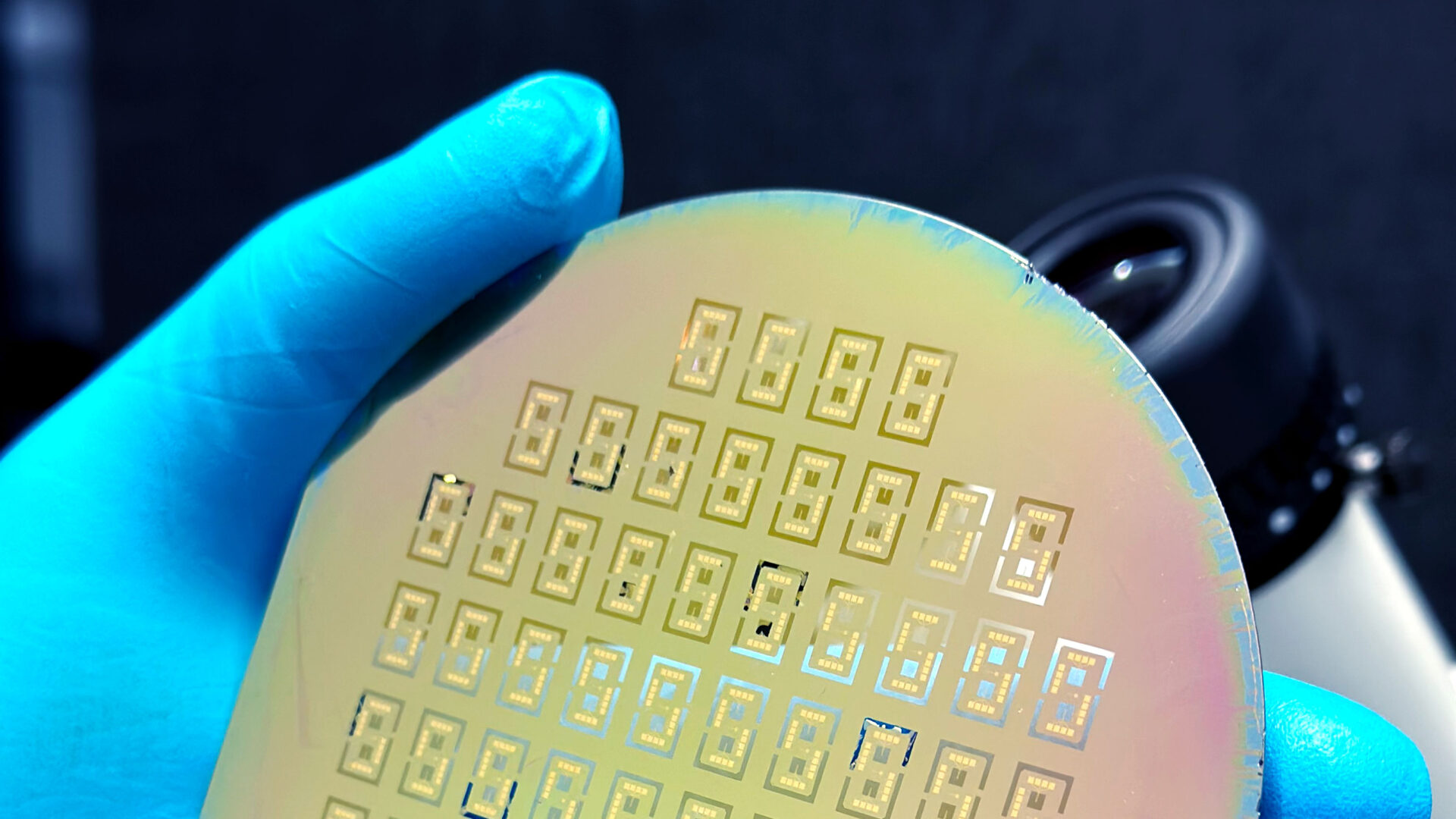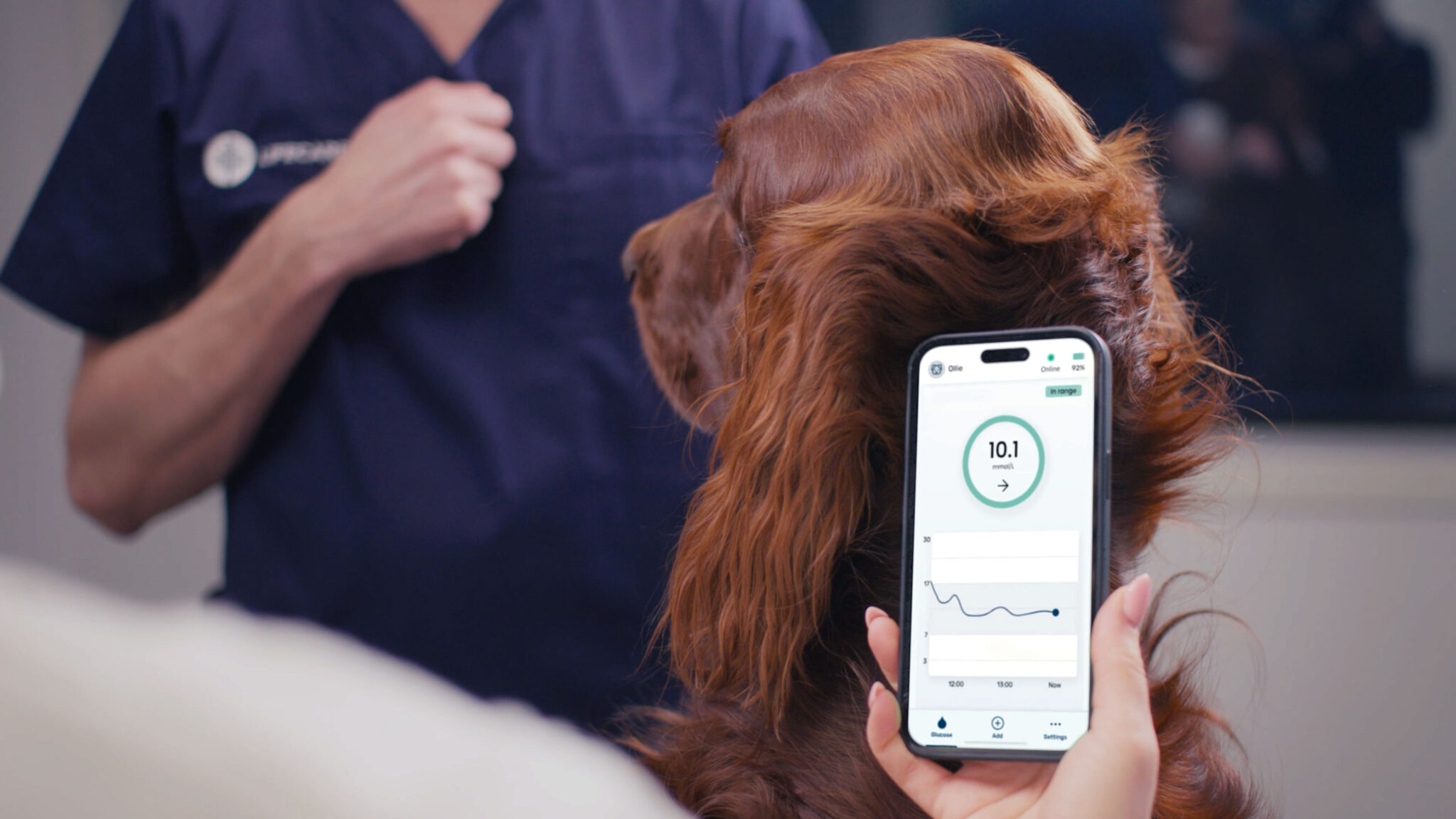
State-of-the-art nanotechnology improving life for diabetes patients
Technology
Lifecare develops and licenses nanotechnology for medical use, to facilitate the production and sale of medical devices. Our own miniaturized sensor technology measures changes by reading osmotic pressure variations in a small chamber. It has several use cases and can e.g. measure glucose and lactate levels by applying different chemical compositions.

Science
Lifecare has developed a small and implantable glucose sensor monitoring glucose-induced changes in an osmotic pressure chamber for continuous glucose monitoring. The pressure changes are induced by changes in the interstitial fluid glucose concentrations in the subcutaneous tissue.

Nanobiosensor
We develop and manufacture innovative nanostrain biosensors. A nanobiosensor is an ultra-small device measuring pressure, temperature, force, or various other performance indicators in live tissue with high resolution.
Our Sencell sensor contains a 3D-printed nanosensor that is produced with a licensed manufacturing method called Nano3DSense. The patented Nano3DSense technology enables miniaturization of sensing system, which may be based on highly sensitive micro-electronic mechanical systems and nano-cantilevers.
Lifecare has access to the patented Nano3DSense technology, which opens significant business opportunities to develop additional nanobiosensors for other indications and medical questions.

Nano-biosensing
Lifecare develops and manufactures strain sensors down to the scale of 20-50 nanometer – using a nano 3D printing technology that allows printing on any surface. These nano-biosensors serve as real-time diagnostic tools, e.g. based on the mechanical response of a cantilever to pressure changes in a molecular system in response to a selected biomarker.
For a severe disease, such as diabetes mellitus, the technology provides a unique and proprietary diagnostic platform that establishes sensitive real-time analyses of multiple parameters with highest precision and robustness that can be implemented as additional features to existing medical devices, e.g. point-of-care tests.
The newest branches of science
Nanosciences and -technology belong to the newest branches of science and are regarded by many researchers as key technolog…
Nanosciences and -technology belong to the newest branches of science and are regarded by many researchers as key technologies of this early 21st century. By manipulation of materials on a scale of down to one nanometer (one millionth of a millimeter), the historically split sciences of physics, chemistry, biology and medicine become all intertwined, making nanoscale technologies a unique field of interdisciplinary research. The extreme sensitivity of a cantilever in terms of mechanic deflection can be used for its application as a sensor.
Based on patented method for 3D printing using focused electron beam technologies, Lifecare orchestrates physical, biological and chemical properties of device components, fluids and mechanics in the nanoscale range to achieve sensing properties with high resolution.
3D Nanoprinting enables printing of sensors on any transducer substrate regardless of their thickness or material. In fact, the method allows printing of sensors in sizes down to few nanometers (one millionth of a millimeter) without reducing the sensitivity.


